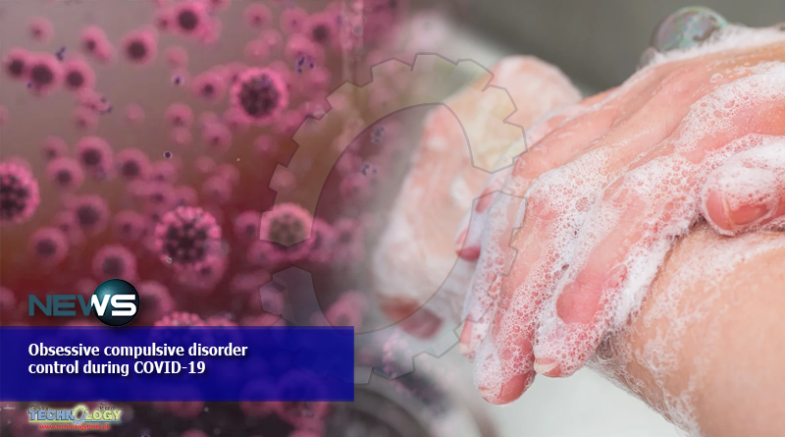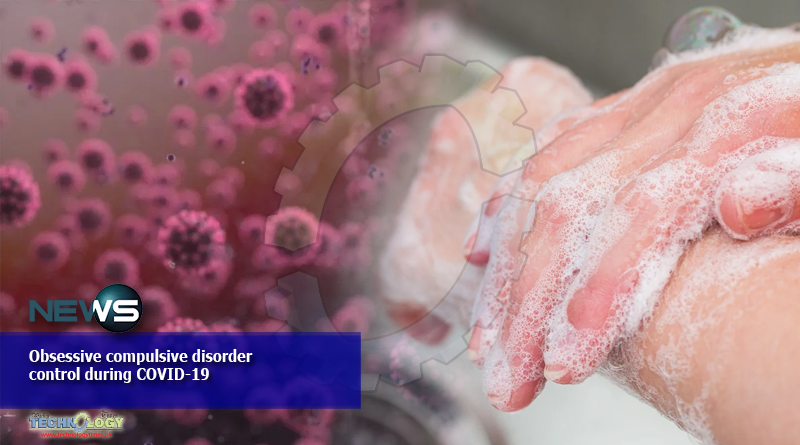The pandemic COVID-19 has affected everyone badly around the globe. It is most importantly a public health emergency; it is likewise stressing the mental health of individuals over the world. It has aggravated anxiety and Obsessive Compulsive Disorder (OCD) among people.

Obsessive Compulsive Disorder (OCD) is a clinical disorder,it is linked to COVID-19 these days, consisting of a set of clinical symptoms like persistent and recurrent thoughts and or images. Theses recurrent thoughts and images are very stressful for the person experiencing them as they cannot control nor wash those thoughts away.
As a majority of OCD patients are worried about getting contaminated with germs, have a feeling of being unclean/impure (“napaaki” as they report) and use washing rituals to undo their stress, the current pandemic can easily escalate their symptoms as it provides them a rationale to justify their rituals.
There is a high likelihood; the serious concern had already been shared by many experts on international professional forums right at the start of the current pandemic.
Clinicians and researchers have also reported not only the significant rise in newly reported cases but relapse of old clients (who are in different stages of recovery) and an increase in the intensity of the disorder in old clients as well. Detailed reports can be accessed at official websites of WHO, American Psychological and American Psychiatric Associations, and Websites of Health departments of many countries.
However, we do not have accurate statistical data of local patients but clinical psychologists working in public and private health facilities have been reporting the above-mentioned trend. Many old patients are also reporting to develop new psychological disorders along with OCD.
OCD patients should immediately get in contact with health professionals; clinical psychologists and in some cases psychiatrists. Most of the health professionals are available for online sessions (even in Pakistan professionals have shifted on online services to assist their clients.)
